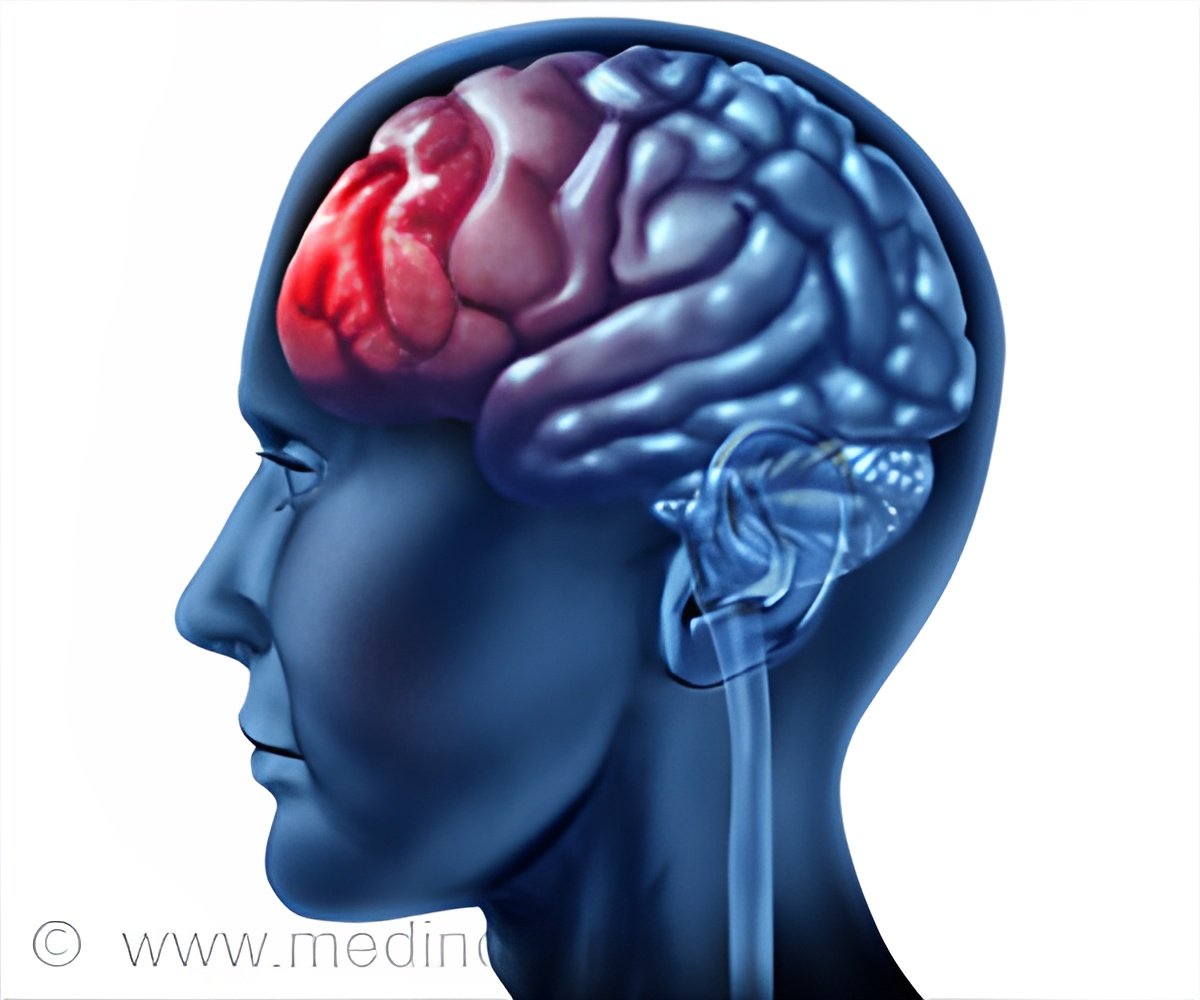Concussions exacerbate some pre-existing conditions, including headaches, depression, anxiety and stress, all of which are more prevalent in girls.

‘Repeated concussions or a severe concussion may lead to long-lasting problems with movement, learning, or speaking.’





The research analyzed the medical records of 110 male and 102 female athletes, ages 11 to 18, with first-time concussion diagnoses. The median duration of symptoms was 11 days for boys and 28 days for girls. The data also showed that symptoms resolved within three weeks for 75 percent of boys, compared to 42 percent of girls. "These findings confirm what many in sports medicine have believed for some time," said lead researcher John Neidecker, DO, a sports concussion specialist in Raleigh, North Carolina. "It highlights the need to take a whole person approach to managing concussions, looking beyond the injury to understand the mental and emotional impacts on recovery when symptoms persist."
Prior research has shown that concussions exacerbate some pre-existing conditions, including headaches, depression, anxiety and stress, all of which are more prevalent in girls and mirror hallmark concussion symptoms, according to a consensus statement from the 5th International Conference on Concussion.
Treating the right condition
Understanding the overlap of symptoms means physicians must be skilled at eliciting patient history to get a full understanding of factors that might complicate recovery.
Advertisement
Dr. Neidecker gives an example of a patient with no history of migraines who admitted experiencing weekly headaches prior to the head injury. She thought the headaches were normal, but in fact the patient was suffering from migraines.
Advertisement
Patients with Type A personality traits typically have a baseline level of stress about the need to perform and become more stressed when they cannot, Dr. Neidecker explained. Losing the physical outlet of sport for managing their stress compounds the issue during the recovery period.
"It can really become a vicious cycle for some of these kids," said Dr. Neidecker. "Uncovering and addressing any underlying conditions gets them back on the field faster and ultimately helps them be healthier and happier in the future."
Source-Eurekalert









